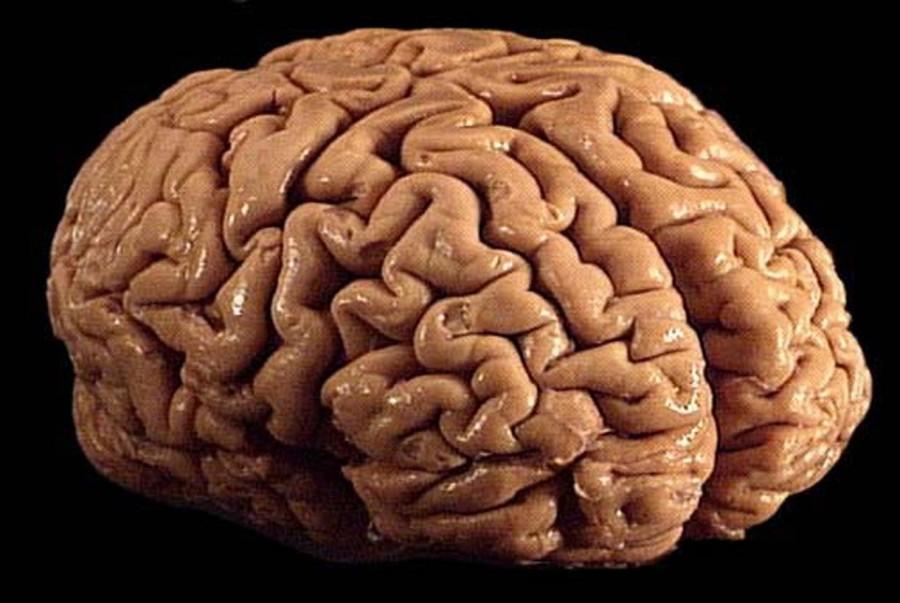 By Feature Editor: Hannah Snyder
By Feature Editor: Hannah Snyder
High school students often are faced with the task of staying up late to complete work. Missing sleep in order to finish school work could potentially be one of the worst decisions a student could make. In order to completely function to the best of their ability the next day, students need to be sleeping throughout the night.
“I’m pretty sure every high schooler procrastinates until the last minute and then gets everything done the night before,” says HHS senior Marissa Friend.
Throughout high school most students have stayed up all night during the week at least once to catch up on school assignments. The act of not receiving enough rest at night can potentially affect the body in a negative way if done too often. Keeping up with a normal, average sleep schedule can benefit a student’s grades and worth ethic.
Along with that sleep schedule should come a solid study schedule. If an assignment is due at the end of the week or a test is quickly approaching, students should start studying immediately. The brain is much more likely to remember the information if it’s been reviewed multiple times before it needs to be used.
Staying up to cram for a test or exam has been a mistake students have been making for years. The myth that ‘the longer I stay up studying, the more information I’ll remember tomorrow’ turns out to be false. The idea in general is completely counterproductive. According to The National Sleep Foundation, over 75% of high school students have crammed for a school related assignment within 24 hours of the due date and only 37% saw an improvement in their memory. Staying up late will leave the body feeling tired, and weak, and usually the student will be unable to pay full attention in class the next day. As a result, the student misses out on critical information that will most likely be seen on the next test.
“The entire week of midterms I’m completely sleep deprived and I don’t even care. Staying up late is the only way to make time for studying,” HHS junior Jake Race says.
From gulping down your favorite energy drink to brewing your next cup of coffee, the effects of caffeine to stay awake can have a strong, negative impact on the human body. According to The Boston Globe, caffeine temporarily produces a boost of energy but if the body intakes too much, panic attacks, stomach pains, and irregular heartbeat can occur. Sleeping is a natural thing that every body needs in order to properly function. Preventing sleep through caffeine can also adjust how well the student stays focused. If it’s absolutely necessary to stay up late to complete school work, the student should stay away from unnecessary caffeine.
Pulling all nighters to complete school work shouldn’t be a student’s first option. Just like a body needs to take a break after exercising, the brain needs to rest at night after a long day. Without that rest period, the brain is forced to work even harder to manage the next day.
“My sleep is way more important to me than some math assignment that’s probably only worth five points. I’d rather fail than miss out on some quality zzz’s,” HHS senior Kelly Lemerand says.






